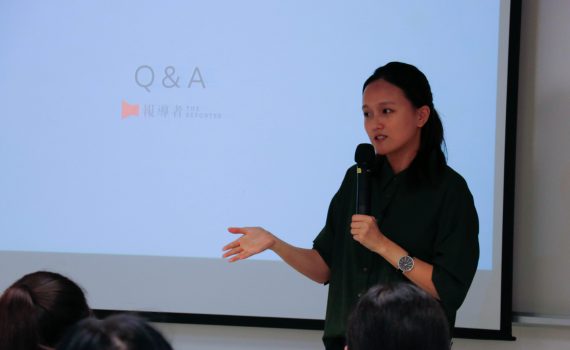The nomination period for the 2021 Legislative Council general election ended Friday with 154 candidates getting enough endorsements to run, according to official statistics.
In the December election, 20 of the 90 seats will be directly elected by geographical constituencies. The Election Committee will appoint 40 seats. The remaining 30 are elected by functional constituencies.
Though the overall number of lawmakers has increased from 70 in the city’s first Legco election since Beijing’s sweeping overhaul of the system earlier this year, the number of directly elected seats, chosen by residents from 10 geographic districts, decreased from 35.
Motions in the Legislative Council need two-thirds consent to be passed, according to the Basic Law. Previously, many directly elected lawmakers were from pro-democracy parties. Most have been disqualified.
“Hong Kongers’ enthusiasm for participating in politics was quenched,” Francis Chau Yin-Ming, a former legislative council member and current district councillor, said.
This year’s hopeful candidates vied for nominations from the city’s Election Committee, in which most members are from pro-establishment parties.
“I started from scratch. I have to work very hard to promote my political platform to the public and the election committee,” said Wong Wing-Ho, a candidate from the moderate Path of Democracy party. “But now the atmosphere of discussion in the reformed electoral system is much more rational now.”
This year, every constituency will be contested for the first time.
Some non-pro-establishment candidates are confident in the new system. “Fortunately, there are no swing voters. So, there is no conflict between us and pro-establishment candidates,” another candidate from Path of Democracy, Chan Chun-Hung, said. “So, I am very confident that more normal Hong Kong people can vote.”
A handful of candidates are not from the pro-establishment camp, some with previous ties to the opposition or who define themselves as moderates.
“In the past, pro-democracy candidates always emphasized ‘freedom’ and pro-establishment candidates always emphasized ‘patriotism’,” Chan said. “But now our parties want to show the third way. We want to release a balanced voice.”
Alice Mak Mei-Kuen, Vice President of The Hong Kong Federation of Trade Unions, one of the biggest pro-establishment parties, said, “Before the reform, our focus was on emphasizing political positions, but now we can publicize our political platform and programme,” she said.
These 90 members will be a part of the highest legislative branch of power in Hong Kong for the next four years.
“But everything is unknown now,” Wong said. “Only after the election ends can we know where the new system can be improved.”
《The Young Reporter》
The Young Reporter (TYR) started as a newspaper in 1969. Today, it is published across multiple media platforms and updated constantly to bring the latest news and analyses to its readers.

HK Philharmonic Swire Symphony Under The Stars back in-person after 2 year hiatus

Hong Kong stocks close higher, up 5 consecutive days




Comments